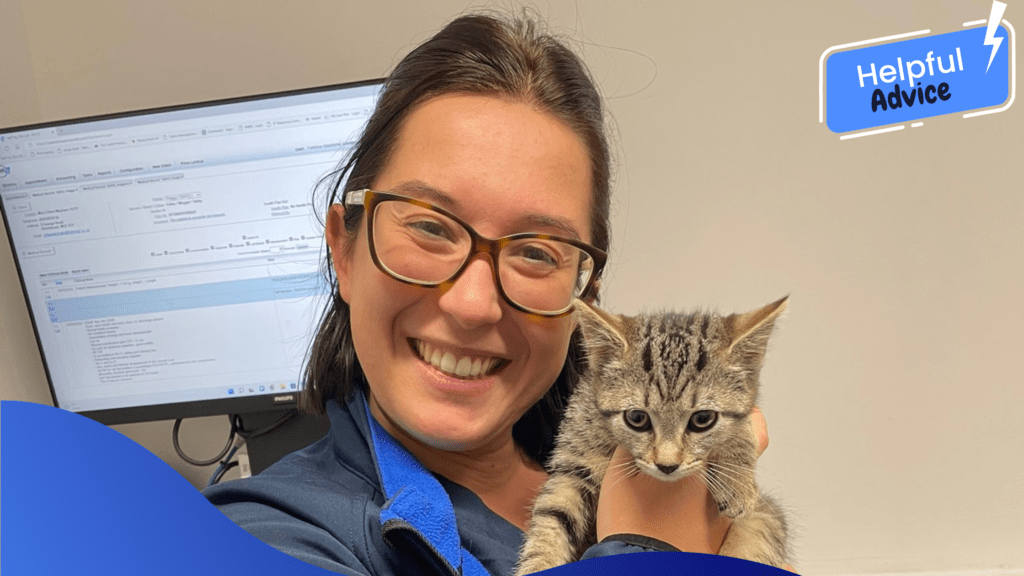
Preparing kittens for human life is crucial for their welfare. Adequate socialization reduces stress and behavior problems in adult cats, ensuring they can adapt to normal domestic settings.
This is not going to be an easy task, remember the three “P’s”
- Patient
- Positive
- Persistent
Don’t forget to reward your pup throughout this socialisation process.
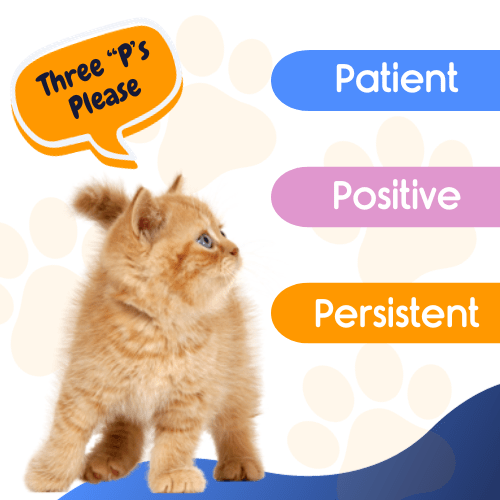
When To Socialise Your Kitten?
The socialisation period, from two weeks to seven weeks old, is crucial for a kitten’s brain and sensory system development. Positive experiences with people and environments teach them non-threatening experiences, while negative experiences can cause fear. Domestic cats do not have an inherent need for human interaction, but positive experiences are essential for confidence and happiness in adulthood.
Touch
To build trust and cooperation with kittens, use positive touch experiences, such as licking wet food off a spoon. Touch your kitten’s paws, head, ears, tail, and mouth, and inspect their teeth. Practice daily until your kitten is comfortable with touch in all zones, especially sensitive ones like their paws, to help you identify potential health issues.
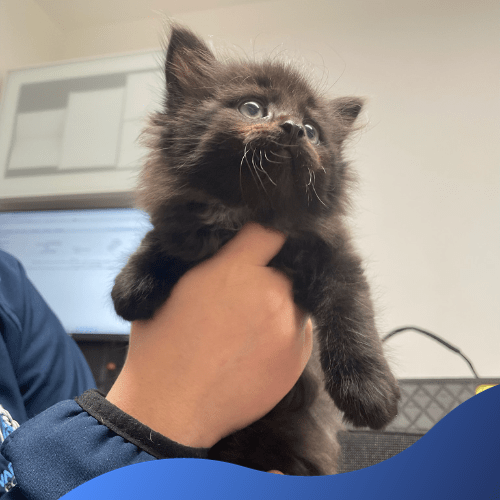
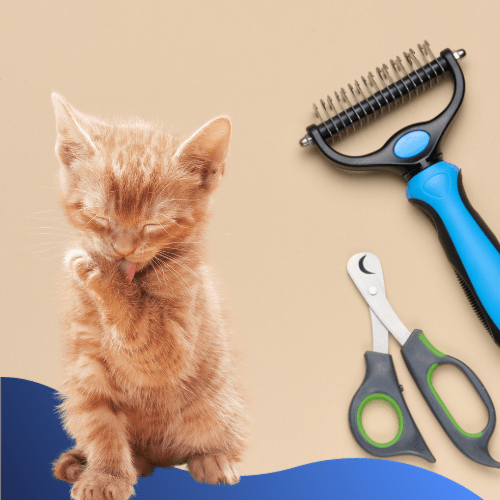
Groom
Introduce brushes and nail clippers to your kitten early to demonstrate their ease. Pair them with your kitten’s favorite treats, and use a more exciting reward for the scarier tools. This will make the kitten excited to see and use them.
Play
Engaging in interactive play with your kitten can enhance their socialisation skills and build confidence. Toys with different sounds, such as rustling and crushing sounds, can be used to mimic hunting, alternate speed and movement, and build trust.
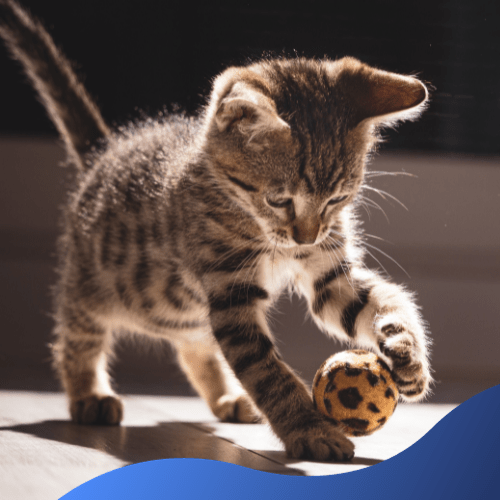
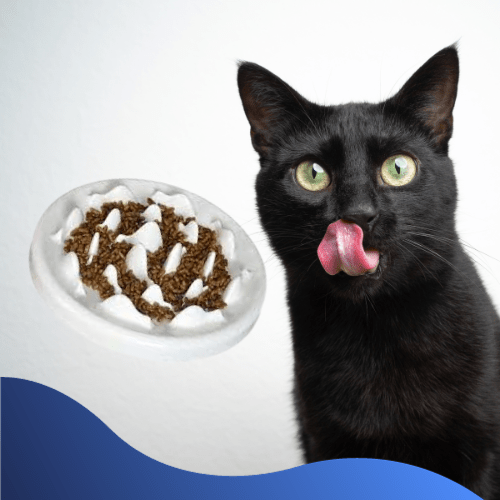
Food Puzzles
Food puzzle toys are beneficial for kittens as they provide physical and mental enrichment, reduce boredom and stress, and allow them to exercise their natural hunting instincts. Various foraging toys, like snuffle mats and mobile puzzles, can be used to test kittens’ skills and learn their learning style.
Visitors
To make your kitten comfortable around new people, introduce them to outsiders regularly, such as friends, family, or neighbors. Encourage positive associations with these visitors, such as petting, giving treats, playing, and talking sweetly.

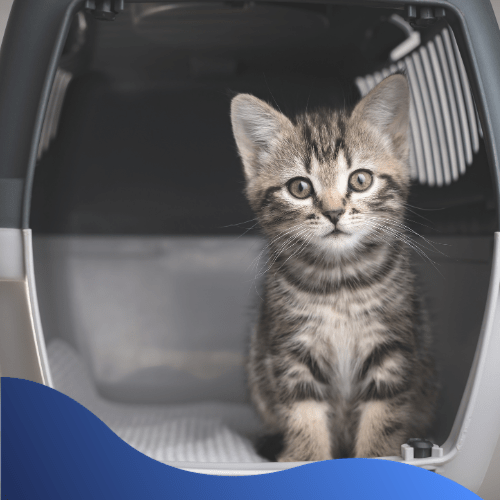
Carrier Training
Car rides with your cat are inevitable, and it’s crucial to take them to the vet. Enclosed carriers are recommended for safety. Start carrier training when your kitten is young, feeding them, and incorporating catnip and toys to make the experience enjoyable. This will help your kitten associate the carrier with positive things.
Car Journeys
Regularly practice car rides with your kitten, gradually increasing the distance from sitting in the driveway to longer rides around town. The goal is to make the experience positive for your kitten. If you have a partner, they can provide treats throughout the journey.
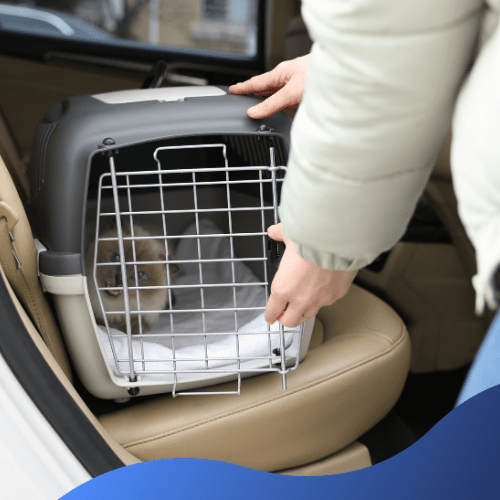
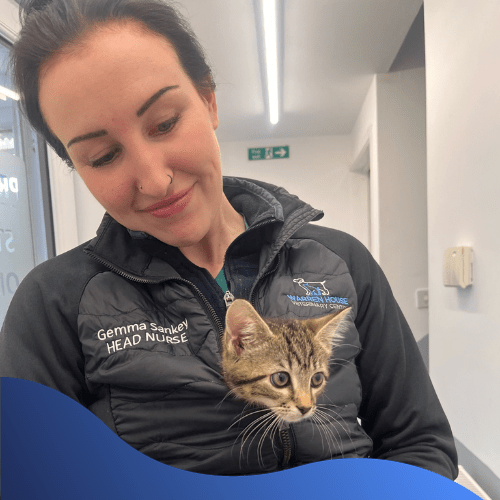
Vet Visits
Vet visits can be stressful for cats, but setting up “happy visits” can help counteract this. This involves taking your kitten exclusively for pets and treats, allowing the veterinarian and nurses to handle your kitten with love, reducing their fear and stress for future wellness visits.
Cat-friendly Dogs
Socialising a kitten involves exposure to other animals, including dogs, and ensuring positive interactions with them. Even if you have a resident dog, practice meeting other dogs. Start with friends or family with “cat-friendly” dogs and set up safe, controlled interactions. Use treats to associate the dogs with positive things, allowing your kitten to observe them up high and avoid chasing them.
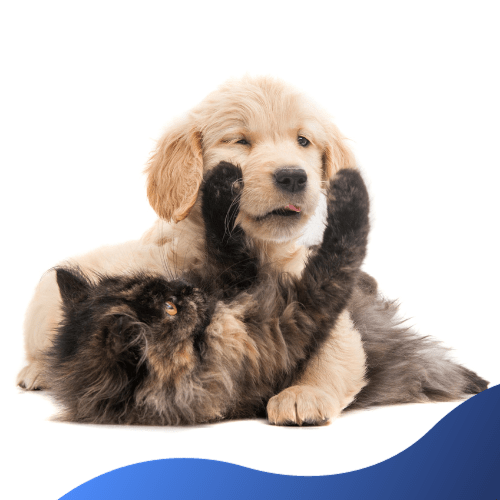
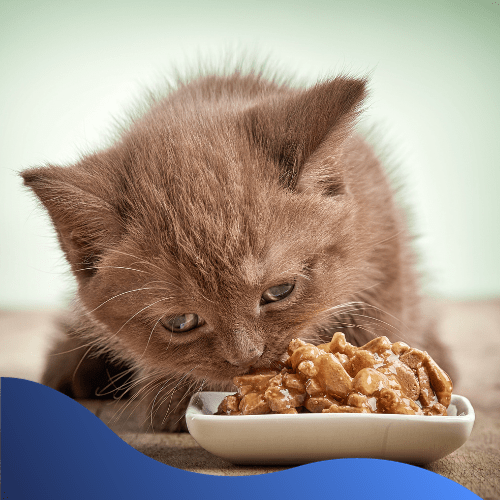
Choice Of Food & Treats
To encourage your cat’s tolerance for food, introduce them to a variety of foods and treats from a young age, allowing them to try different protein sources, textures, and flavors, as they learn to be picky by only eating one food.
Sounds
Unsocialised kittens can be scared of loud noises like sirens, fireworks, and construction noises. Recordings from YouTube can help desensitise them, while windows with screens or outdoor playpens can provide controlled exposure. Car rides can also help introduce cats to the sounds of the outside world.

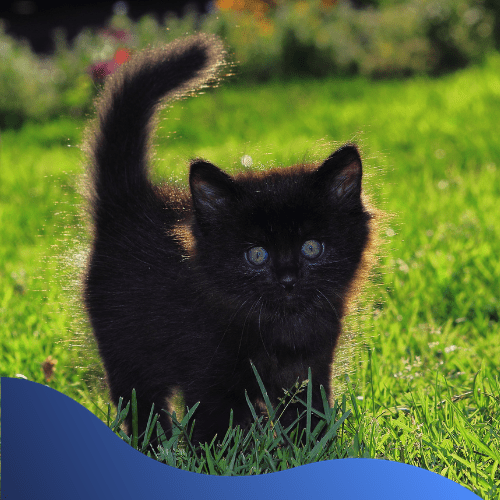
Textures
Introduce your cat to different surfaces and textures to make them feel more comfortable. Encourage them to follow wet food on a spoon over various surfaces, and reward them for treating new surfaces like an obstacle course. This will help them adjust to their new environment and avoid startingle reactions.
On the topic of kittens, we have launched….
NEW Kitten Packs:
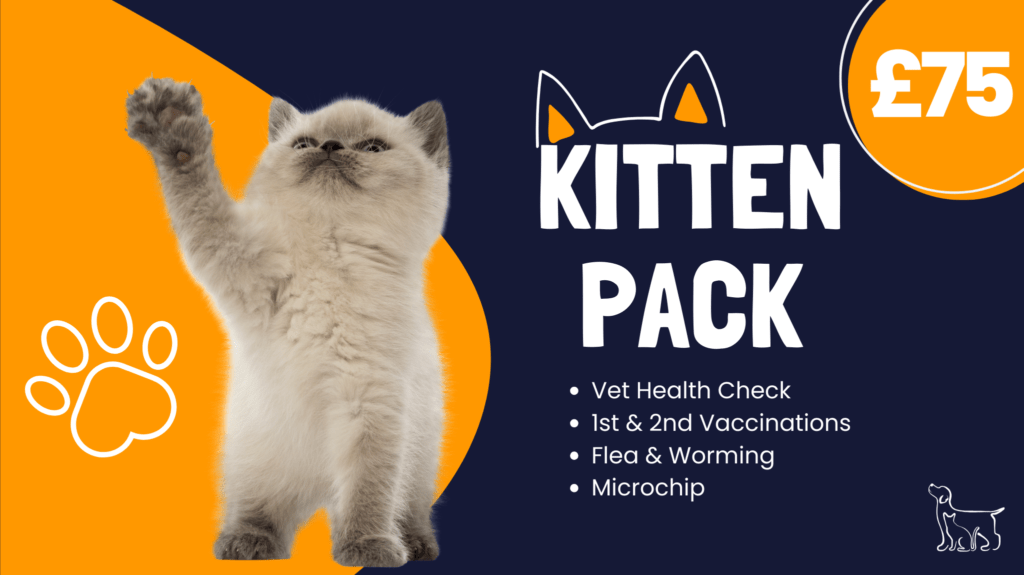
Thank you for reading, until next time…
